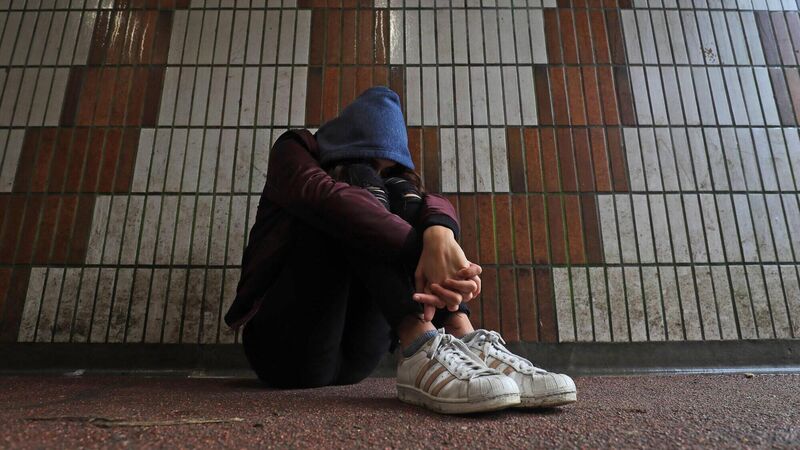Childline warns of increase in self-harm and suicidal ideation

On Christmas Day last year, Childline received 723 contacts from children, and a similar number can be expected this year. File picture
On Christmas night, while the rest of us are sleeping off the excesses of the turkey and trifle, Megan Sarl will head into the Cork unit of Childline for her shift, responding to children whose experiences of the day are very different.
On Christmas Day last year, Childline received 723 contacts from children, and a similar number can be expected this year.











